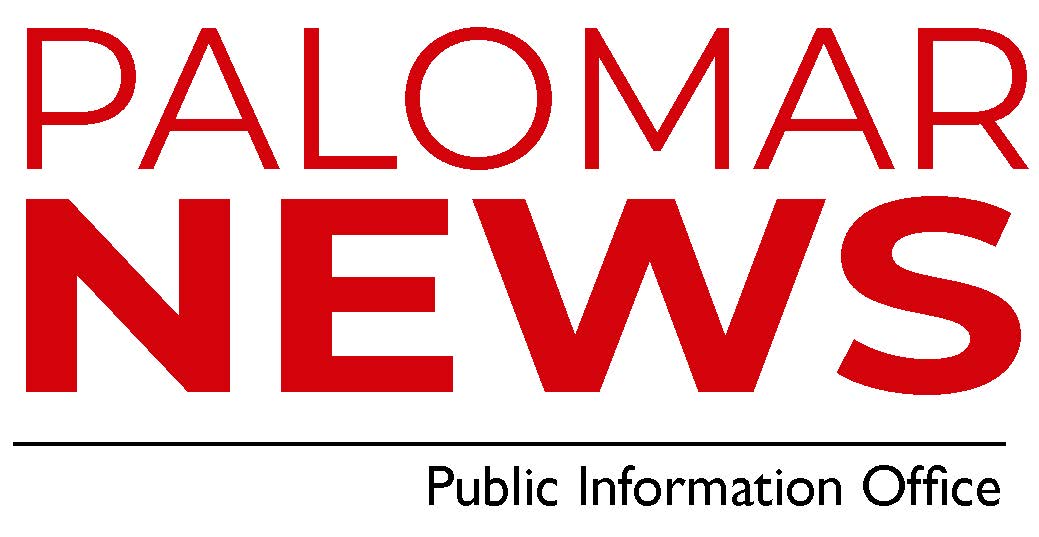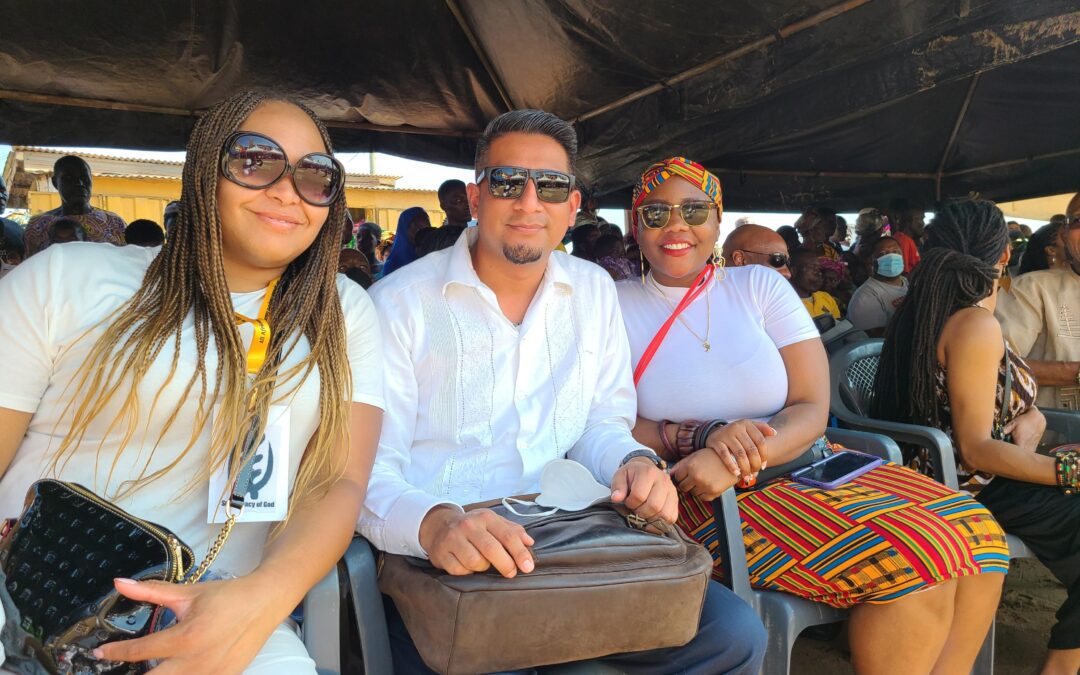The 2022 All African Diaspora Education Summit was held in Cape Coast September 19-24, and provided opportunities to learn about African history and culture.
SAN MARCOS — Two faculty members and an administrator from Palomar College who traveled to Ghana in September to participate in the 2022 All African Diaspora Education Summit returned with a renewed vision of student success.
The Summit was held at the University of Cape Coast from September 19-24 and included a trip to the historic Cape Coast Castle and Dungeons, where slaves were once held before being loaded on ships bound for the Americas. Palomar’s delegation attended the Summit alongside representatives from every community college district in San Diego County—Grossmont-Cuyamaca, MiraCosta, San Diego, and Southwestern.
“Being in Ghana was very eye-opening and impactful for me, as a black woman—being surrounded and immersed in the culture, being able to discuss with fellow professionals, most of whom were of the African Diaspora, to discuss ways of serving black students,” said Brikia Cephus, a Professor of Biology at Palomar. “It was so refreshing and amazing, because we don’t usually get that opportunity.”
Carmelino Cruz, Palomar’s Acting Chief Diversity Officer, said the experience has influenced his thinking about topics like curriculum, shared governance, and educational pedagogy.
“A lot of the workshops and discussions we had were about how to make sure the different things we do are African-centered,” said Cruz. “It was definitely an intense trip, in several ways.
“What I took away from it was a deeper understanding of how and why to create awareness in the work we do, and being intentional about the sources and materials we use in the classroom, the research and ideas we implement,” Cruz added. “Are they coming from people who represent these groups? Or are they coming from an outsider, who’s bringing research but not from within the community?”
Mercedes Tiggs, a member of Palomar’s Counseling faculty, said that in addition to a variety of resources to implement as an educator, she came back to the U.S. with a deeper sense of pride in her ethnic heritage.
“We were welcomed with open arms, and every time we were greeted, it was like, ‘Welcome home, sister,’ instead of being the foreigners who stood out,” Tiggs recalled. “It was like home.”
She added: “Everything is rich there—the history is rich, the culture is rich. We are taking back those things—the things we don’t talk about in history books or in the classroom.”
Tiggs said she was especially energized by conference speaker Dr. Chike Akua, author of “Honoring Our Ancestral Obligations: 7 Steps to Black Student Success.”
With educators from around the world in attendance, the conference was aimed at fostering African-centered education and dispelling common myths of African culture as primitive.
Cephus said in the classroom and in the community, there is a need to “just be there, listening, being an extra motivation” for students who are historically under-represented and under-supported.
“Our black students need us—the data supports this,” she said. “In biology, specifically, representation matters, so if I can just continue to be a friendly face to my students, and continue to motivate them to pursue their career goals in medicine or STEM-related fields, where we are under-represented, then I’ve done a large part of my job beyond just teaching content.”
Cephus recalled her own experience at Lincoln High School in San Diego, where she spent eight weeks working as an “extern” at Sharp Memorial Hospital through the school’s Metaversity program: “My experience as a student was very centered around motivating black students to be whoever we wanted to be. That was pivotal—it elevated my dreams and showed me they could be reality.”

